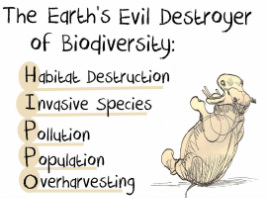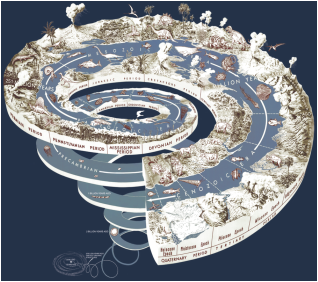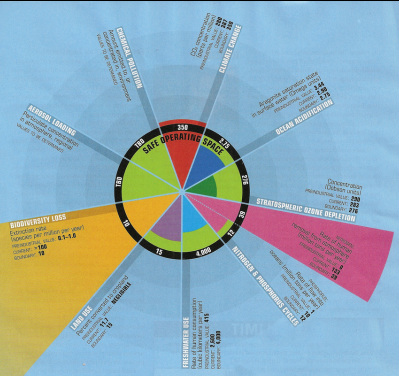Just a little conservation journal...
I generally focus on conservation issues effecting biodiversity, land use/abuse, research, and job opportunities that I have come across. Most of the opportunities come from the Opps page and you can click on the button below to take you there.




 RSS Feed
RSS Feed